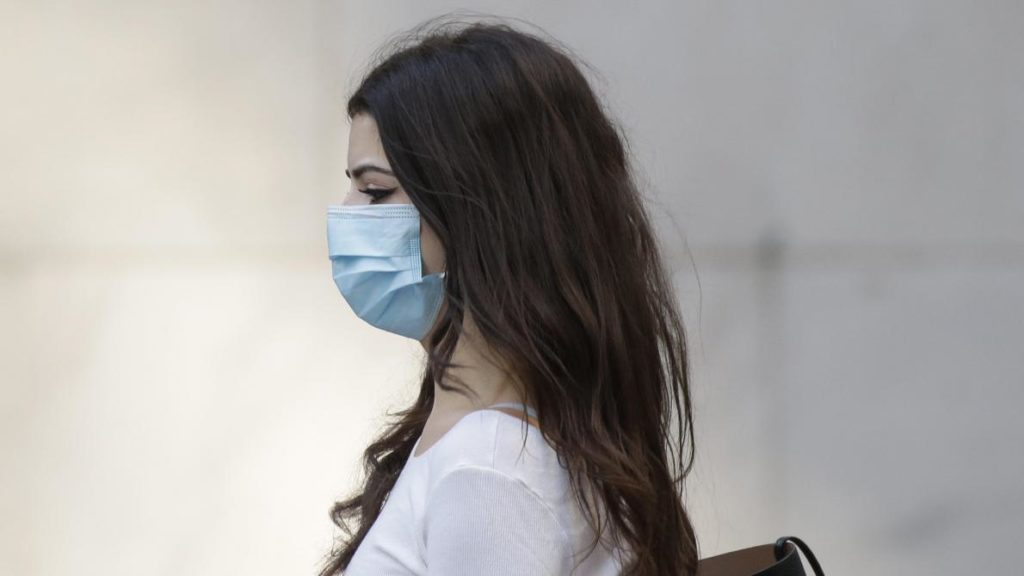Face masks produced by the victims of forced labour in China are being sold on the Belgian market, according to research carried out by the Organised Crime and Corruption Reporting Project (OCCRP).
The masks – three-ply disposable surgical in packs of 50 – masks are sold online under the brand name Hubei Haixin.
But what the unsuspecting shopper may not realise is that the masks are manufactured under conditions of forced labour by members of the Uyghur minority community – a group of Muslims originating in Turkey and living in the north-west of China.
According to a report by the Strategic Policy Institute in Australia published in March this year, some 80,000 Uyghur people have been forcibly removed from their home province of Xinjiang and made to go and work in factories elsewhere, including that of Hubei Haixin.
The report details how the Uyghur workers are kept apart from other workers, under constant surveillance using cameras equipped with facial recognition technology, and made to work long hours under military supervision.
The Chinese authorities have dismissed the report as the work of anti-Chinese extremists.
The conditions under which the Uyghurs are being kept makes first-hand reports difficult to come by, leading many Western companies who do business with the factories concerned to dismiss the allegations.
What is impossible to dismiss, however, is the growing body of evidence of systematic oppression by the Chinese authorities of the Uyghur minority, including the use of re-education camps – a vestige of the Cultural Revolution which Beijing argues is now being use to combat Islamic extremism.
In Belgium, the OCCRP includes journalists from Knack, Le Soir and De Tijd, who have been investigating leads contained in a leaked report regarding sales of face masks in Europe.
Hubei Haixin is a company established in Hubei province – where the Covid-19 pandemic first started, in the city of Wuhan, and 3,000km from the home of the Uyghurs. The women who work in the factory are paid the equivalent of only €157 a month.
Before the pandemic even started, in January, a Swedish distributor called on the factory to stop using forced labour, which the factory promised to do once the contracts expired in March.
However in September, the Uyghurs were still working in the factory.
The investigation discovered one Belgian online pharmacy, which has not been named, selling the Hubei Haixin masks.
“I am slightly shocked about these findings and immediately asked to remove these masks from our website,” the manager of the pharmacy said.
“We also contacted the supplier to investigate the matter. We bought these masks through the wholesaler Cophana, which is part of the McKesson group. We always buy our pharmaceutical products and aids there. Cophana has the Hubei Haixin masks in stock, you can order them there.”
The investigation discovered masks being sold over the counter in local pharmacies, unbeknownst to the pharmacist, who received them from the distributor.
“I think it's very sad if it's true,” said one, presented with the allegations. “We just get them from our wholesaler. I am sure he is not aware of any wrongdoing, otherwise he would not want to sell them.”
Alan Hope
The Brussels Times

